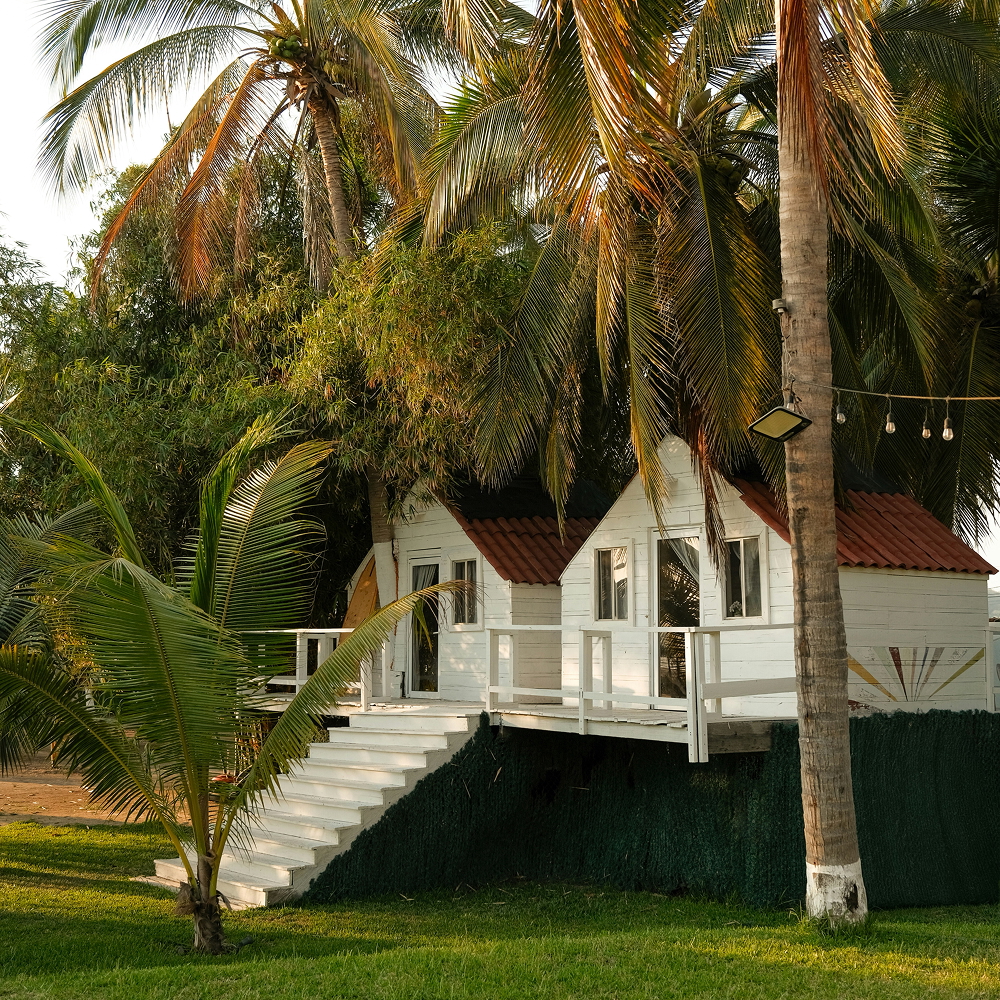

How hospitality brands can (really) support their local communities Supporting the communities that surround a hotel or restaurant is not a temporary initiative or seasonal campaign but a long-term responsibility that defines the integrity of a brand. When hospitality businesses become deeply embedded in the local ecosystem, they unlock opportunities to build trust, stimulate inclusive growth and deliver experiences that resonate far beyond aesthetics or amenities.
The relationship between hospitality and place is symbiotic, and when nurtured with care, it can generate long-term economic vitality and cultural continuity for everyone involved. Engaging meaningfully with nearby producers, artists, and entrepreneurs offers far more than logistical convenience, it allows properties to reflect the spirit of their surroundings with honesty and intention.
Working hand-in-hand with farmers, fishers, and small-scale artisans transforms procurement into a storytelling tool and allows each element of the guest experience to carry a human signature. For example, Fogo Island Inn in Newfoundland chooses to source ingredients, furniture and textiles from local collaborators, creating a virtuous circle where each night’s stay contributes directly to the community’s wellbeing and long-term resilience.
Rather than simply decorating rooms with regional touches, many hotels are co-creating immersive experiences that honor traditional skills and amplify local voices. At Hotel Escondido in Mexico, guests are invited to participate in workshops with nearby artisans, offering not only a moment of learning but a chance to support living heritage and preserve endangered know-how in a modern hospitality setting.

Hiring from the region is a first step, but the real transformation comes when hospitality brands invest deeply in training, recognition and cultural integration, creating not only jobs but meaningful careers that reinforce the identity and pride of place for every team member involved.
Properties like Shinta Mani Hotels in Cambodia have redefined what hospitality education can look like by creating comprehensive programs for young people with limited access to traditional schooling. These programs offer technical training alongside personal development, giving every graduate the tools to grow professionally while becoming an ambassador of the property’s deeper mission.
When teams reflect the place they serve and are encouraged to share their knowledge with pride, the guest experience naturally becomes more rooted and engaging. At Singita, for example, guides and staff bring their own cultural heritage to the forefront through storytelling and experiential activities, transforming every interaction into a moment of meaningful connection grounded in place and perspective.


Hospitality brands can act as catalysts for positive change by redirecting part of their success into programs, spaces and partnerships that respond directly to the needs of the local population. When this reinvestment is done with humility, clarity and consistency, it lays the foundation for long-term relevance and mutual benefit.
At The Zuri Zanzibar, a dedicated foundation channels a percentage of the hotel’s earnings into education, waste management, and skill development programs, offering guests a transparent look at how their presence contributes to something larger. These initiatives are not only well-received by travelers but serve as a model for how profitability and purpose can move in tandem.
At Song Saa Private Island in Cambodia, community engagement is woven into the resort’s DNA through a foundation that co-creates programs with neighboring villages. From marine conservation to health outreach and youth education, each project grows out of real conversations and shared goals, making the impact sustainable, evolving and genuinely community-driven.